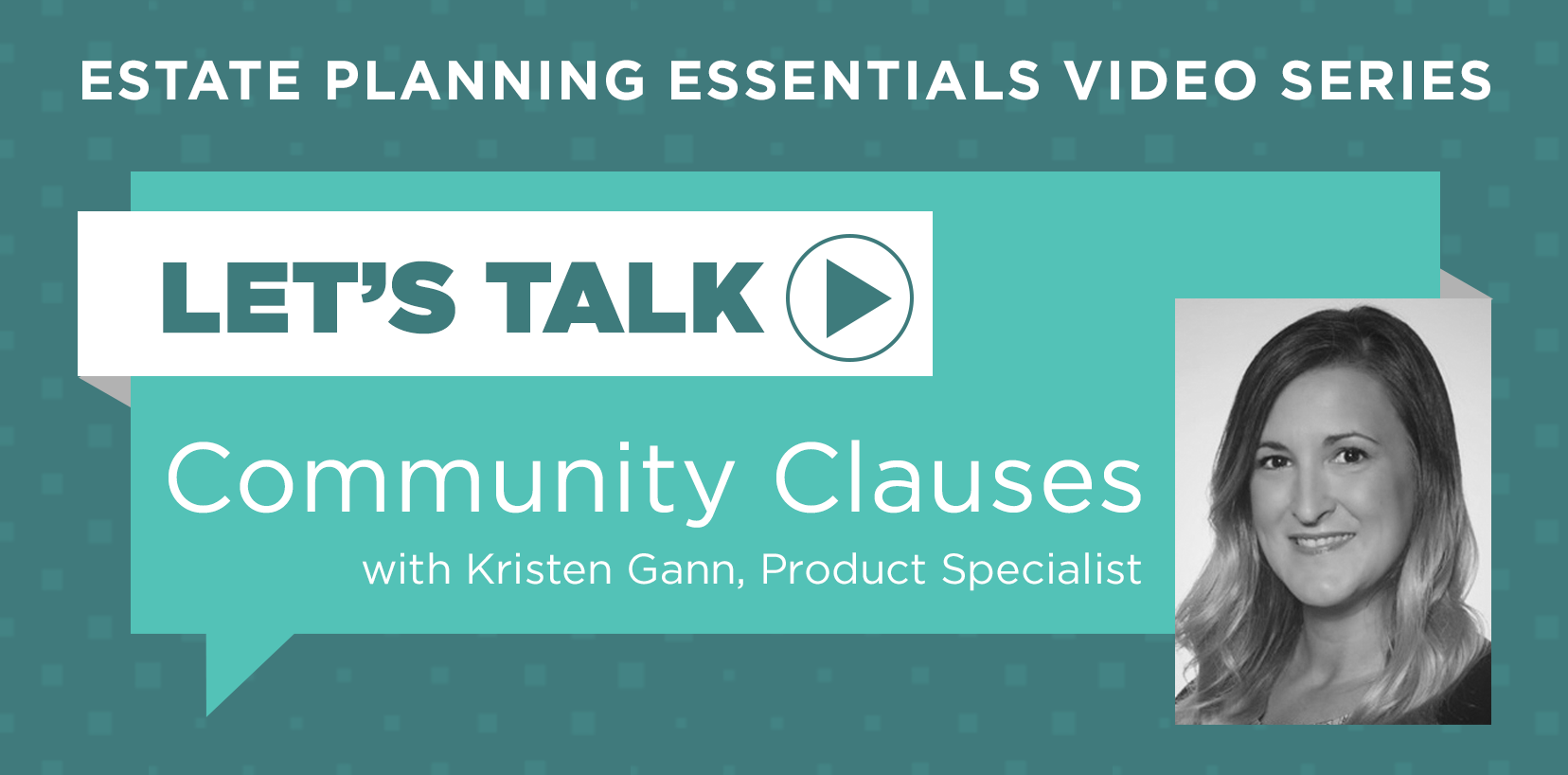
The end of the year is a great time to set goals for the coming year, reach out to clients, thank referral sources, invest in new tech (like automated drafting software), and conduct some housekeeping in your practice. To ensure you set your practice up for a successful new year, below are 11 year-end planning tips to consider.
1. Prioritize billable work. Year end can be hectic, so we like to prioritize any pending matters that can be completed and billed before the end of the year. If an item is not on our firm-wide calendar by December 1, we determine whether it can be deferred until January. We also block off additional time in December to handle true emergencies.
-Jim Creenan, PA Forum
2. Plan to celebrate. My best end-of-year tip is to schedule a client appreciation event or a seminar for January because, for us, it is a notoriously slow month if we don’t have a way to remind our clients that we are here. When we have an event at the beginning of the year, it seems to pull our clients back from the holiday brink and back to their New Year’s resolutions—and therefore back to putting planning on their radar. We also schedule a lot of reviews for clients who haven’t been in to review their plans earlier in the year.
-Carla Little, CO Forum Leader
3. Delegate. When it comes to year end, don’t try to trick yourself into believing that you alone can do all the things that need to get done. The best way to survive and thrive in Q4 is to delegate work to your team or outsource to freelance resources. This will help boost your productivity, profits, and, most importantly, free up some of your own valuable time to enjoy the holiday season.
-Kristin Tyler, NV Forum Leader
4. Get real. If you are having trouble in any area of your practice, join an accountability group. You may have to create the group yourself, but you will find it a valuable use of your time. For some strange reason, we humans seem to be more likely to do things that we tell others about. That’s some bona fide psychology!
-Antoinette Bone, TX Forum Leader
5. Plan your marketing strategy. Take some time before the end of the year to plan out—at the very least—your marketing activities for the first quarter. Think about what didn’t work this past year, something new that you want to try, and what you will continue to do next year.
-Antoinette Bone, TX Forum Leader
Streamline your marketing efforts and grow your practice with a WealthCounsel Practice Development subscription.
6. Automate. If you are a true solo (or very nearly one), automate as much of your practice as possible. That means investing in practice management software and a CRM (client relationship manager). These can be one system or separate. I personally use two separate platforms. With a robust CRM, you can not only set your calendar for appointments and automate emails, but also track the engagement of your clients and referral sources to evaluate your marketing activities. Finally, if you can’t afford staff full time, seriously consider having someone who comes into your office on a part-time basis or a virtual assistant or paralegal.
-Antoinette Bone, TX Forum Leader
7. Set Goals. Use the time between Christmas and the New Year to focus on administrative tasks and a strategic plan and goals for the coming year. Clients are less likely to fill your schedule during that time, and many other professionals are not working, so it is a great downtime to focus on the administrative and strategic considerations that are often neglected when we are busy serving our clients.
-Dana Wine, SC Forum Leader
8. Restock. The end of the year is a great time to take advantage of fantastic holiday sales. After assessing how you’ve done and setting goals for the upcoming year, you may find that there are some additional items you’ll need to achieve those goals. Now is the time to make those purchases, especially if you need to upgrade the technological tools you use in your office.
-Temi Siyanbade, WealthCounsel Associate Editor, Business Law
9. Schedule time to work on your practice. Some years we are busy with end-of-year planning, while in other years we don’t see such a flurry of activity. This year, it seems that Congress is a bit preoccupied with other concerns, and no major legislation is anticipated. Use this extra time to work on your practice.
In years like this, I use openings in my schedule to work on things that may seem minor but that actually create significant efficiencies and time savings. For example, today I connected with Clio Grow, my intake system, for assistance in adding my automated signature to letters that we send out throughout the year. Instead of signing multiple letters each day we prepare to review reminders, my assistant can crank out the letters with less involvement from me.
I’ve also found time in the last few weeks to work on better implementing the “Getting Things Done” system through an app I am using called Omni Focus™. I’ve grabbed bits of time to go through a field guide on how to set up the system and start maximizing its functionality. Another tool I’ve had for some time, but have not implemented fully, is Keyboard Maestro™. Again, as I have some open time in my schedule, I book an appointment for myself and review field guides and other instructional videos to more fully implement the system. A half hour or hour of open time allows me to go through instructional guides and take steps to better implement these systems. As a result, I know that I will be carving off time every day going forward by automating things that I do on a regular basis.
I’m also scheduling time to better apply tools that I have available—for example, the WealthCounsel Practice Development subscription—but am not implementing well because I struggle finding time when we are busy to explore them. During these somewhat slower holiday-time weeks, I spend more time reading, learning, developing, and implementing some really great Practice Development tools that I am already paying for but not fully applying. Already this month, I have used available time to discover and implement materials for advisor meetings, blogs, and client outreach.
I love those years when Congress creates work for us at year end. But in quieter years as this year seems to be, I have found it very helpful to schedule time for myself to work on my practice and better implement those tools I am aware of, often am already paying for, but have not yet fully developed.
-David Ledbetter, MI Forum Leader
10. Acknowledge. Take time to thank your “golden geese.” These are your biggest referral sources and partners. Send gift baskets to your referral sources and their staff. Find out what their favorite foods, snacks, interests, and hobbies are (you can learn this during a networking coffee or lunch!). Be sure to include a handwritten note thanking them for their partnership and letting them know you’re looking forward to collaborating in the upcoming year. Gifts I’ve sent over the years include fruit baskets, bundt cake “towers,” wine baskets, gift certificates to a favorite restaurant, holiday flower arrangements, and tickets to a sports event. If there’s a newer referral source with whom you’re trying to build a stronger rapport, send them a token of your appreciation as well. Create a plan to continue to nurture these relationships throughout the upcoming year: offer to be a guest blogger, speak at one of their events (or cohost an event), set calendar reminders for yourself to continue networking along with a list of names of those you will reach out to the following year. Set a goal to have at least one coffee or lunch per week.
-Yvonne Eckert Olivere, WealthCounsel VP of Learning and Law Practice Success (and a former WealthCounsel member)
11. Celebrate you. Work-life balance is not a myth. Consider what changes you can make in your practice to allow you to take the time you need to do the things you enjoy or that are on your bucket list. Planning for “you time” is critical to ensuring the time you spend on client matters is most productive. Get tips for achieving a solid work-life balance in this article: “5 Tips for a Better Law-Life Balance.”
-Henna Shah, WealthCounsel VP and Executive Editor (and a former WealthCounsel Member)
WealthCounsel was created by attorneys for attorneys. Our community of 5000+ estate and business planning attorneys regularly come together to share their knowledge and expertise. Professional networking and mentoring opportunities abound in either our online and in-person forums. Get practical drafting tips by joining a state-specific group and/or a niche-specific group. Start practicing with confidence and competence by becoming a WealthCounsel member today.



